Wu Sanguis Surrender to the Qing Dynasty: The Fate of His Troops and Family
During the turbulent period of the late Ming and early Qing dynasties in Chinese history, many military generals faced difficult choices. Among them, the choice made by Wu Sangui aroused widespread attention and controversy. As an important general of the Ming Dynasty, he ultimately chose to side with the Qing Dynasty, a decision that not only changed his own fate but also affected his family and soldiers under his command.
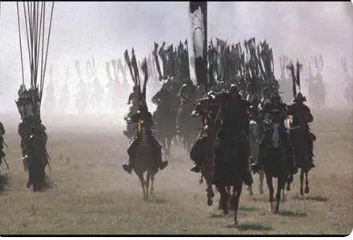
Firstly, regarding the issue of Wu Sangui's troops when he sided with the Qing Dynasty. According to historical records, Wu Sangui had approximately 40,000 troops under his command at that time. This army was composed of elite Liaodong cavalry and was an important force for the Ming Dynasty to confront the Qing troops. However, faced with the internal turmoil of the Ming Dynasty and the immense pressure from the Qing troops, Wu Sangui ultimately chose to surrender.
After siding with the Qing Dynasty, Wu Sangui's troops were retained and became an essential tool for the Qing Dynasty to conquer the south. He played a crucial role in a series of battles, helping the Qing Dynasty stabilize its territory. However, this also left him with an inglorious image of a "traitor" in history.
Secondly, regarding the issue of Wu Sangui's family. After Wu Sangui sided with the Qing Dynasty, his family members were affected to varying degrees. Some of them chose to follow him and surrender to the Qing Dynasty, while others suffered an unfortunate fate due to their loyalty to the Ming Dynasty. Specifically, some of Wu Sangui's relatives were settled in Beijing by the Qing government and enjoyed certain privileges; while some relatives who insisted on resistance were captured, killed, or exiled.
Overall, Wu Sangui's decision to side with the Qing Dynasty was a complex historical event involving military, political, and family aspects. His choice not only changed the fate of himself and his family but also had a profound impact on the direction of Chinese history.
Disclaimer: The above content is sourced from the internet and the copyright belongs to the original author. If there is any infringement of your original copyright, please inform us and we will delete the relevant content as soon as possible.
Guess you like it
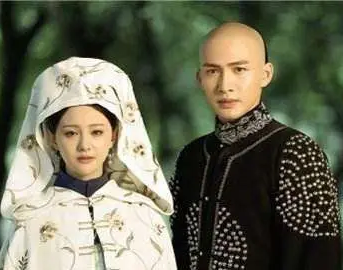
Nalan Rongruo: a perfect fusion of talent and melancholy
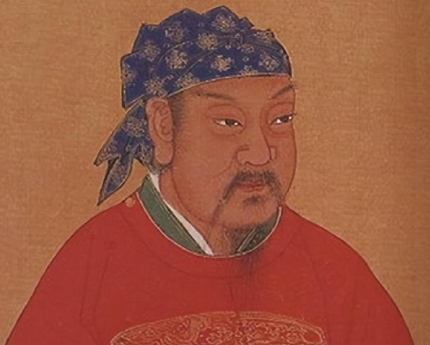
Liu Yu: starting from nothing, he founded the Southern Song Dynasty of the Southern Dynasties.
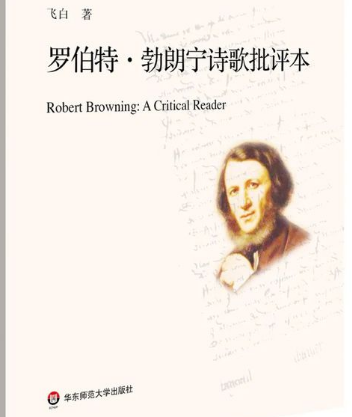
What are Brownings most famous poems? What are they like?
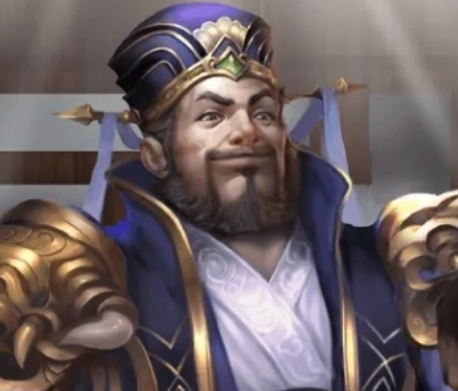
Who is Lu Qian? What is his courtesy name?
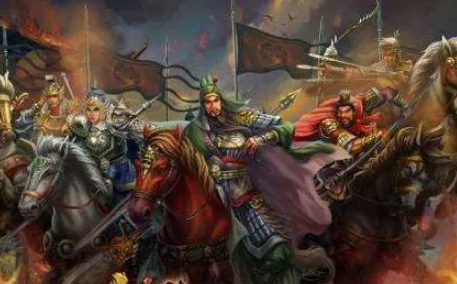
Descendants of the Five Tiger Generals: The Glorious Legacy of Inheriting Ones Fathers Profession
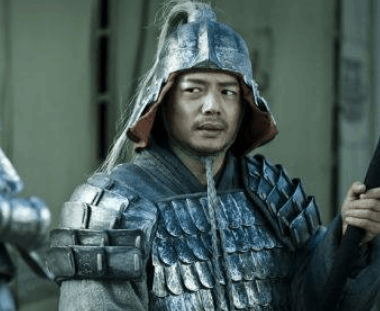
Solely hailed as the "War God" of generals: Unveiling Han Xins military prowess and wisdom.

How are Robert Brownings works? How were they created?
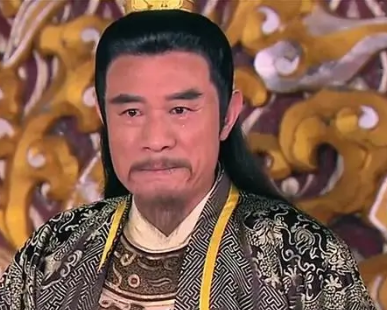
Li Yuan, the first emperor of the Tang Dynasty: An underappreciated founding monarch in history?

The marital status of concubines in ancient times

What nationality is Rob Browning? Where was he born?









